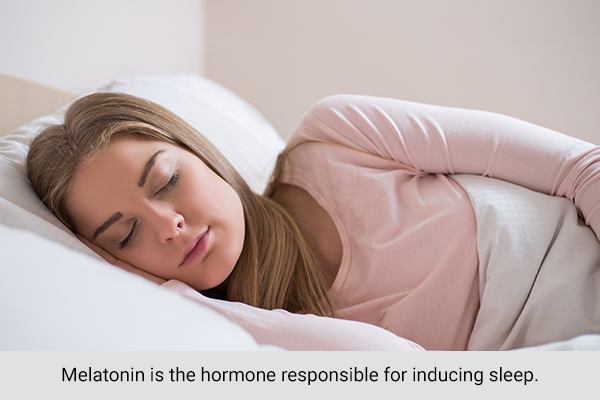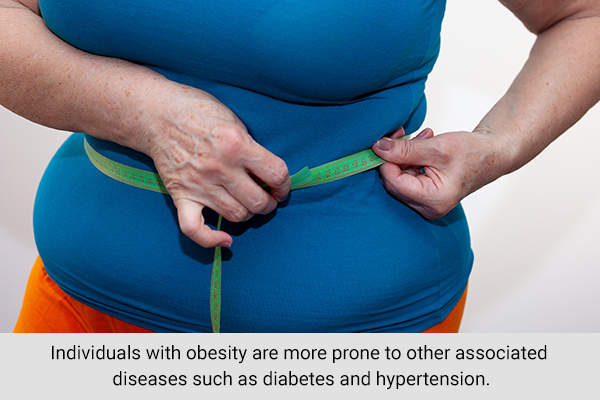In this article:
Sunlight is the source of energy for the earth. One of the earliest life forms on planet Earth is photosynthetic bacteria, which utilize the energy of the sun to synthesize food. Green plants synthesize food by utilizing the sun’s energy, so life on earth is dependent on it.

Humans have also evolved to take advantage of and derive benefits from sunlight. Many ancient civilizations worshipped the sun and recognized the healing properties of sunlight. (1) The use of sunlight for healing purposes is known as heliotherapy.
The circadian rhythm (biological clock) of human beings is regulated by sunlight. This means that exposure to sunlight is important for your well-being, and soaking up sunlight for 15 minutes daily can do wonders for you, such as boosting vitamin D levels in your body.
In fact, insufficient exposure to the sun has been linked to an increased incidence of lifestyle diseases such as diabetes and hypertension, cancers such as breast cancer and colorectal cancer, and neurological diseases such as multiple sclerosis and Alzheimer’s disease.
Research carried out in the past decade has indicated that sunlight has many health benefits. (2) Read on to know more about these benefits.
Health Advantages of Sunlight Exposure
Here are the health benefits of stepping out in the sun.
1. Improves mental health
Most people are used to hearing that sunlight exposure boosts vitamin D levels in the body. But this is not all. Sunlight can trigger the release of the feel-good hormone serotonin, which is a mood elevator and makes you calm and focused.
Without exposure to sunlight serotonin levels in the body can fall, leading to depression. In fact, a dip in serotonin levels due to lack of exposure to sufficient sunlight could be one reason for seasonal active depression (SAD), which afflicts many people during the winter months. (3)
A recent study reported improved mental health following exposure to sunlight, resulting in overall better performance among workers. (4)
2. Induces good sleep

Melatonin is the hormone responsible for inducing sleep. Exposure to sunlight during the day triggers the release of melatonin by the brain at night and induces good sleep.
A study conducted in nursing homes in Los Angeles has shown that elderly patients who were exposed to sunlight for 30 minutes during the day slept well at night. (5)
3. Supports bone health
Most of the vitamin D requirement of humans is met by exposure to the UV radiation in the sunlight. Vitamin D promotes the formation of healthy bones.
Exposure to sunlight also reduces the risk of rheumatoid arthritis through the resultant increase in vitamin D levels in the body. (6)
4. Promotes heart health
Sunlight exposure causes a reduction in blood pressure in patients with hypertension by triggering the release of certain heart-healthy chemicals such as nitric oxide from the skin. (7)
Nitric oxide relaxes the muscles of the blood vessels and eases the passage of blood, reducing blood pressure.
5. Improves thyroid function
The thyroid gland is one of the major glands in the body, and malfunctioning of the thyroid results in many diseases and metabolic syndromes.
High levels of vitamin D are needed for the efficient functioning of the thyroid. Sunlight improves thyroid function indirectly by boosting vitamin D levels in the body. (8)
6. May reduce obesity

In recent times, obesity has emerged as a lifestyle disease. Individuals with obesity are more prone to other associated diseases such as diabetes and hypertension.
Exposure to sunlight in the morning for 20–30 minutes helps your body to throw off those excess pounds, as seen in animal studies. (9)
7. Improves life expectancy
Sunlight affects mood and exposure to sunlight can make a person happy. Happiness is correlated with life expectancy in that happy people live longer. Hence, sunlight does have an indirect impact on life expectancy. (10)
8. Prevents autoimmune disorders
Exposure to sunlight can cause enhanced activity of a class of immune cells – the regulatory T-cells – which remove self-reactive immune cells, thus suppressing autoimmunity. This can help in preventing autoimmune diseases. (11)
9. May help prevent cancer
Recent research has highlighted that exposure to sunlight is associated with a reduced risk of breast cancer, colorectal cancer, prostate cancer, and non-Hodgkin’s lymphoma, a cancer of the cells of the immune system. (12)
How Much Sunlight Is Enough?

Though sunlight has many health benefits, too much exposure to it could be harmful. (13)(14)
Many recommendations regarding the safe duration of sunlight exposure are available. Some European countries recommend 15 minutes of sunlight exposure per day between 10:00 am and 3:00 pm between May and September for adults and adolescents.
Some other countries such as the UK recommend 9–13 minutes of exposure per day between March and September. A maximum of 30 minutes of exposure to sunlight per day is advised. (14)
Note that the use of sunscreen is very important to prevent excessive sunlight from damaging skin cells.
Most-Asked Questions About Sunlight Exposure
Does sunscreen impair vitamin D production?
Yes, it does. Sunscreen not only prevents sunburn and suntan, but it also leads to the inhibition of vitamin D production, leading to its deficiency in the long run.
How much sunlight exposure is best for optimum vitamin D production?
Generally, 10–30 minutes of midday exposure per day or a few times a week is recommended. However, several factors need to be considered:
- Geographical area: People who live closer to the equator produce more vitamin D in a shorter amount of time than those living far away.
- Skin type: Generally, dark-skinned people require more time in the sun to produce adequate amounts of vitamin D because the melanin pigment in the skin of dark-skinned individuals absorbs the UV radiation from the sun.
Final Word
Exposure to the ultraviolet rays in sunlight is associated with skin cancers such as melanoma. Hence, don’t spend too much time in the sun.
Use protection against the harsh rays of the sun if you are spending too much time under it. You could use sunscreens to avoid sunburn, wear glasses to protect your eyes, and wear a hat to protect your hair.
- Was this article helpful?
- YES, THANKS!NOT REALLY


